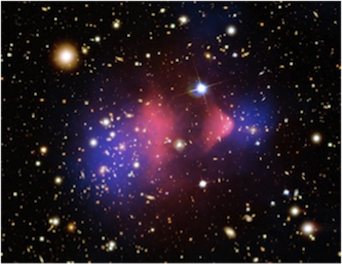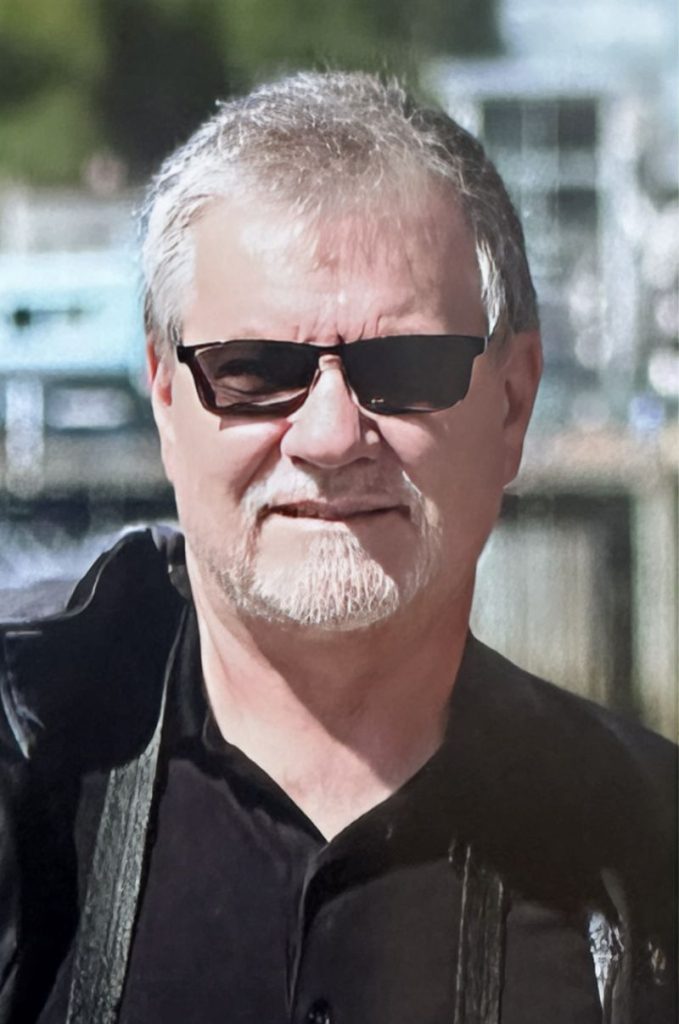Cryogenic Dark Matter Search to be topic of Dec. 21 Quincy Astronomy Club meeting

QUINCY — The Quincy Astronomy Club will meet at 7 p.m. Thursday, Dec. 21, at John Wood Community College in Room D022/023 on the lower north end of the JWCC Building D in the rear. Parking is in Lot 4 on the lower level. Entrance is through either door C2 or the door marked “Paul Heath Building.”
The topic for the meeting is cryogenic dark matter search, which is being done by Fermilab. The speaker will be Quincy native Richard Schmitt, a graduate of the University of Illinois College of Engineering. Schmitt worked in Fermilab’s research division for more than three decades in the design, installation and operations of particle physics experiments. Schmitt will describe an experiment designed to directly detect dark matter interactions.
According to Fermilab’s website: “Fermilab’s cosmic research program explores the fundamental nature of matter, energy, space and time, as revealed in the unique natural laboratory of the cosmos. Fermilab leads a direct experimental search for weakly interacting massive particles. Strong evidence suggests that the dominant mass in the universe is in the form of ‘dark matter’: effectively cold, nearly non-interacting particles. The measured effects of these particles are caused by their gravity. Fermilab experiments test the hypothesis that these particles are a new form of matter, a relic from the hot early stages of the big bang.”
The goal of cryogenic dark matter search is to increase knowledge of the universe by looking for possible elementary particles that interact weakly with normal matter.
The Quincy Astronomy Club was formed by local amateur astronomers and seeks to teach, explore, and expand minds about space and our universe. Lectures are held monthly, usually on the last Thursday of the month. Evening observing sessions are scheduled as weather and observing conditions permit. Local amateurs with their telescopes guide the observing sessions.
Miss Clipping Out Stories to Save for Later?
Click the Purchase Story button below to order a print of this story. We will print it for you on matte photo paper to keep forever.

